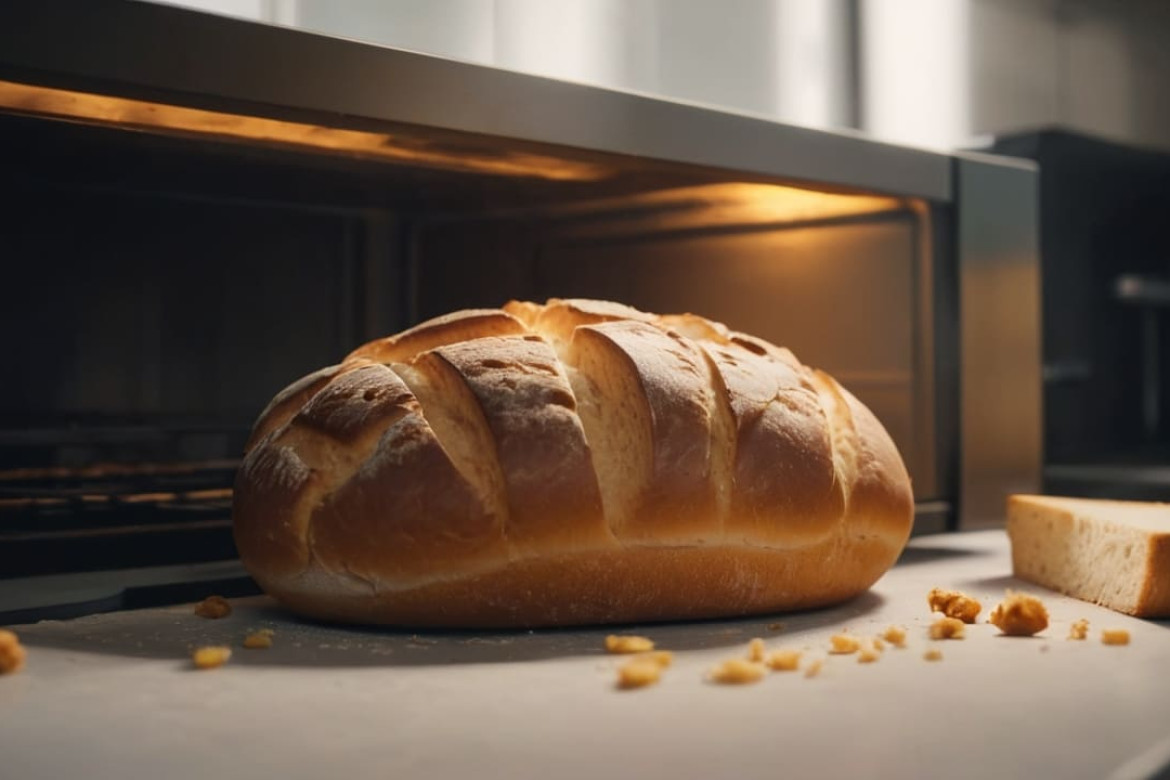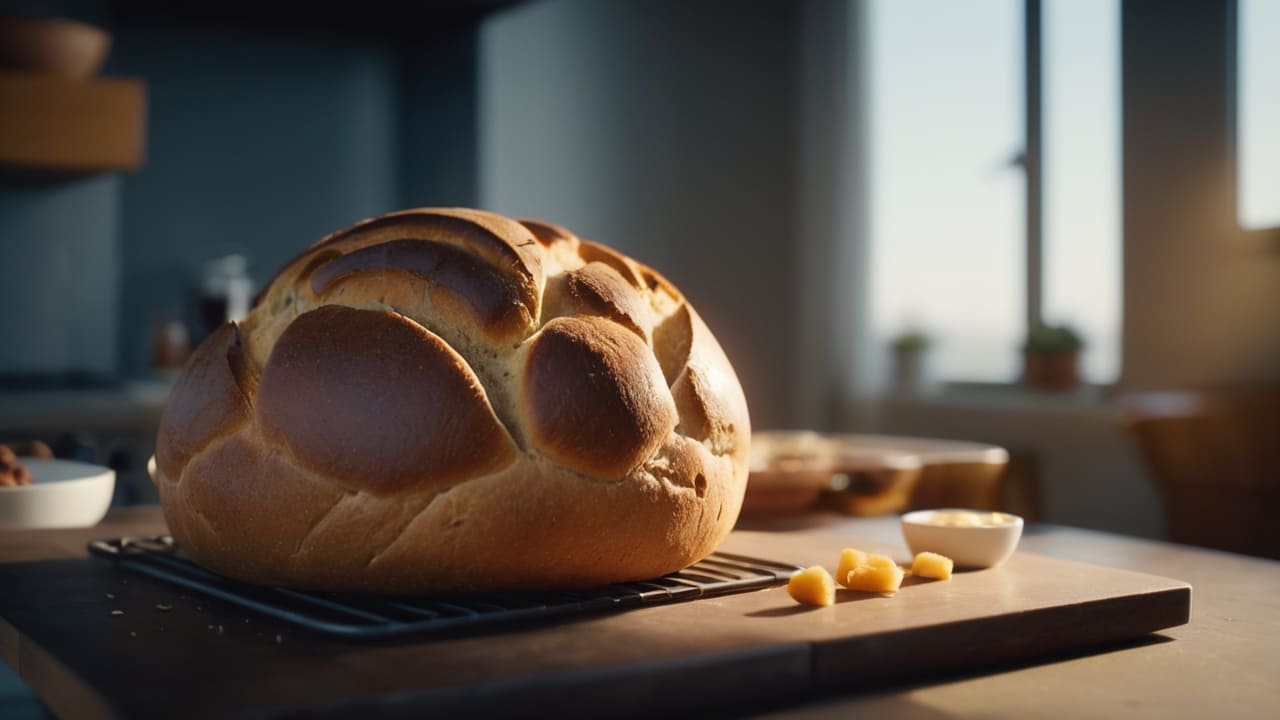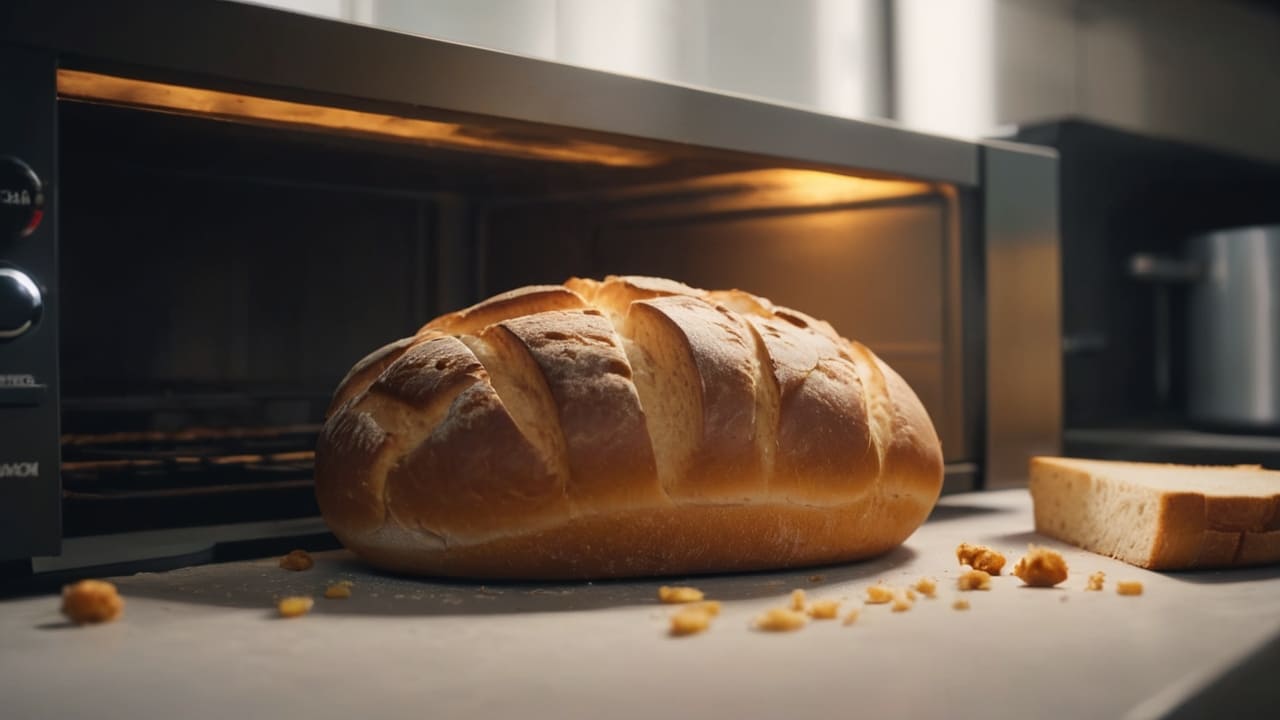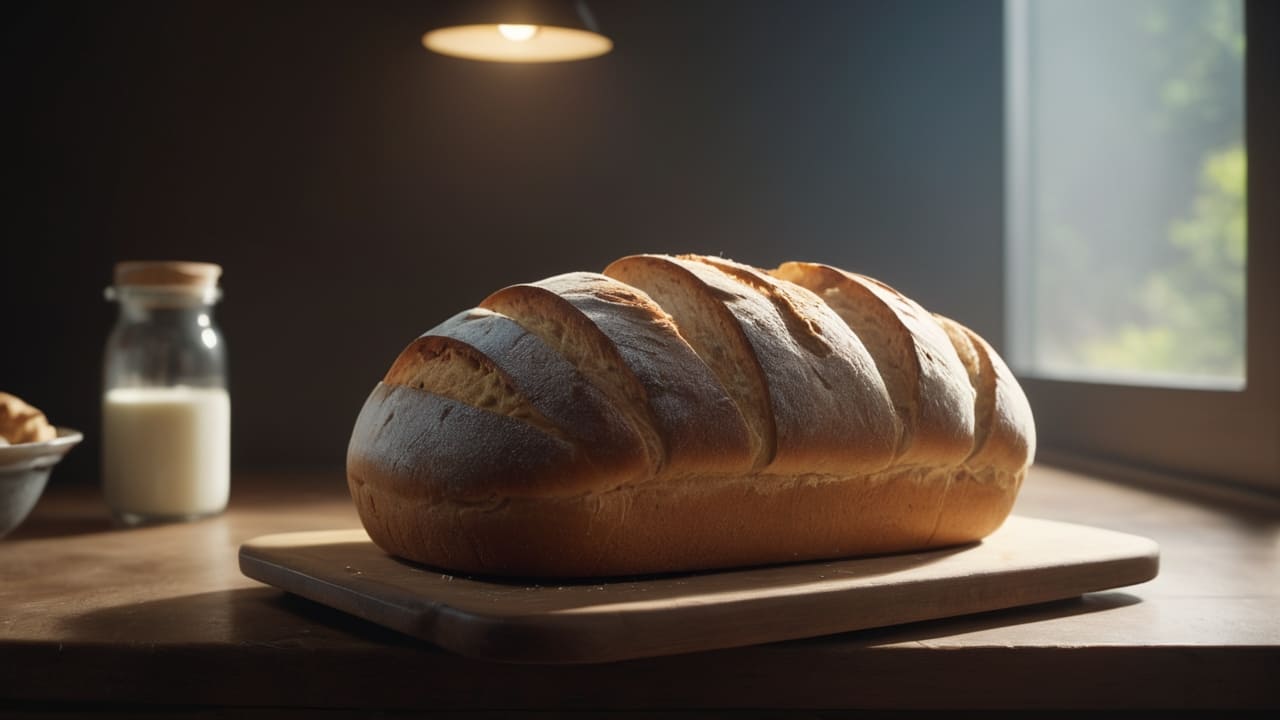
Why Did My Bread Rise Too Much in My Bread Machine? Tips & Solutions
Why Did My Bread Rise Too Much in My Bread Machine? Tips & Solutions

Baking bread in a machine can be both convenient and fun. However, encountering issues like your bread rising too much can be frustrating. In this article, I'll help you understand why this happens and provide practical solutions to perfect your bread, especially when using the best bread maker to buy.
Understanding the Basics of Bread Rising
Bread rising is a crucial part of the baking process, where yeast ferments the sugars in the flour, producing carbon dioxide gas that makes the dough expand. The amount your bread rises can be influenced by various factors including yeast activity, flour type, and environmental conditions.
Common Reasons for Over-Rising Bread
1. Excessive Yeast
Too much yeast can cause your bread to rise rapidly and excessively. Ensure you're using the right amount specified in your recipe. For a standard loaf, about 2 ¼ teaspoons of yeast is usually sufficient.
2. Warm Temperature
Bread machines can generate a lot of heat, especially during the kneading process. If the dough gets too warm, it can accelerate yeast activity, leading to over-rising.
3. Too Much Sugar
Sugar feeds the yeast, helping it to ferment and produce gas. However, too much sugar can cause an overactive fermentation process, resulting in a tall, unstable loaf.
How to Fix Over-Rising Bread
1. Adjust Yeast Amounts
Measure yeast carefully. Using a kitchen scale can help ensure accuracy. If you're experimenting with new recipes, consider reducing the yeast slightly to see if it prevents over-rising.
2. Control the Temperature
Ensure your ingredients are at room temperature. If your kitchen is particularly warm, try using cooler water to slow down the yeast activity.
3. Reduce Sugar
Cut down on sugar if you notice your bread rising too much. Start by reducing it by a tablespoon and observe the results.
Choosing the Best Bread Maker to Buy

Selecting a quality bread maker can make a significant difference in your baking results. Look for machines with customizable settings that allow you to control factors like temperature and rise times. The best bread maker to buy will offer features that help you fine-tune your baking process to avoid issues like over-rising.
Tips for Perfect Bread Every Time

1. Follow Recipes Carefully
Stick to tried-and-tested recipes, especially if you're new to bread baking. Accurate measurements are crucial for consistency.
2. Monitor Dough Consistency
The dough should be soft and slightly sticky. If it's too dry or too wet, it can affect the rise and final texture of your bread.
3. Use Fresh Ingredients
Old yeast or flour can negatively impact your bread. Make sure all your ingredients are fresh and of good quality.
Frequently Asked Questions
Q: How can I prevent my bread from collapsing after it rises too much?
A: Over-proofing can cause bread to collapse. To prevent this, monitor the rising time and avoid letting the dough rise for too long.
Q: Is it necessary to use bread flour?
A: Bread flour has a higher protein content, which can improve the structure and rise of your bread. However, all-purpose flour can be used with some adjustments to the recipe.
Read more: https://www.kingarthurbaking.com/recipes/the-easiest-loaf-of-bread-youll-ever-bake-recipe
Conclusion
Understanding the factors that cause your bread to rise too much in a bread machine can help you make adjustments and achieve perfect results. By controlling yeast amounts, managing temperature, and selecting the best bread maker to buy, you can enjoy consistently great homemade bread. Happy baking!
